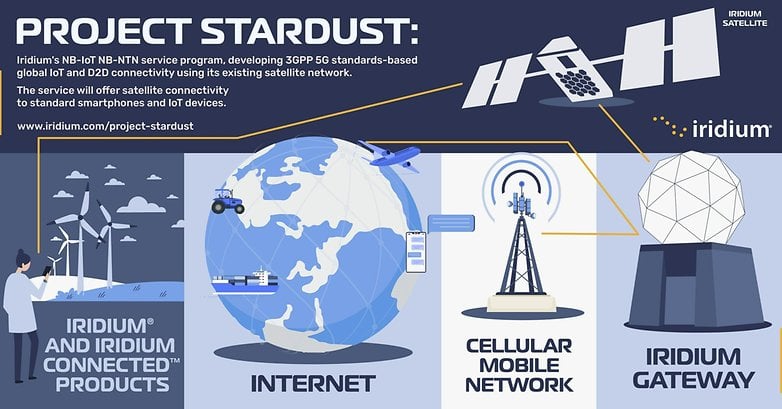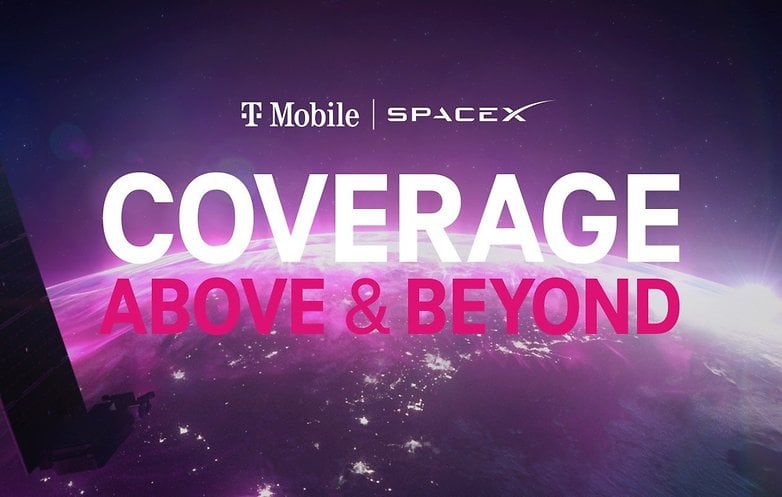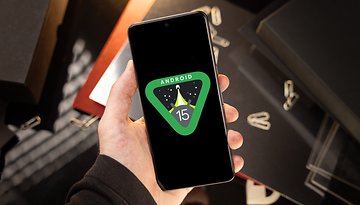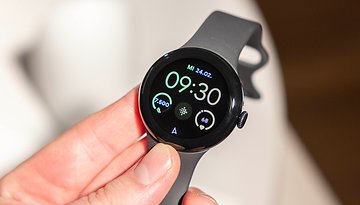Try Again: Iridium Announces Standards-Based Satellite Connectivity


Read in other languages:
Iridium is known for its satellite phones, and in 2023 joined forces with Qualcomm on the already-cancelled Snapdragon Satellite. Today on CES 2024, the company announced a new push into satellite connectivity. Different from the Snapdragon initiative, Project Stardust is based on a public standard, which may increase its chances of reaching regular smartphones and other consumer-grade connected devices.
While the proprietary complexities of Snapdragon Satellite doomed it from the start, Project Stardust is based on 3GPP's Narrowband Non-Terrestrial Network standard (NB-NTN) ratified on the organization's release 17.

Iridium Stardust leverages the company's current constellation of 66 Low-Earth Orbit (LEO, 500~1500 km orbits) satellites, which should go beyond emergency messages. In fact, Iridium positions Stardust also for IoT devices. But for now, the company is only advertising simpler messaging features such as remote device control and monitoring.
Despite being standards-based, it won't be possible to use current smartphones with Stardust. As with Apple@Globalstar (or even the canceled Snapdragon@Iridium) network, compatible components (modems, antennae) are necessary.
The satellite connectivity market also has competition from Bullitt@Inmarsat and its two-way messaging system used in the Motorola Defy Satellite Link with MediaTek's MT6825 chip communicating the more distant GEO (Geosynchronous Equatorial Orbit, around 36 km orbit) constellation. And perhaps more impressively, T-Mobile's partnership with SpaceX's LEO constellation.

Different from the existing Starlink, the new system promises direct-to-cell connectivity and compatibility with existing smartphones (pending band support) using newer Starlink satellites, first launched a week ago.
What do you think of Iridium's second try at mass-market satellite connectivity? Do you think it is still a niche feature? How much would you be willing to pay for a messaging-anywhere feature?
Source: Iridium



















